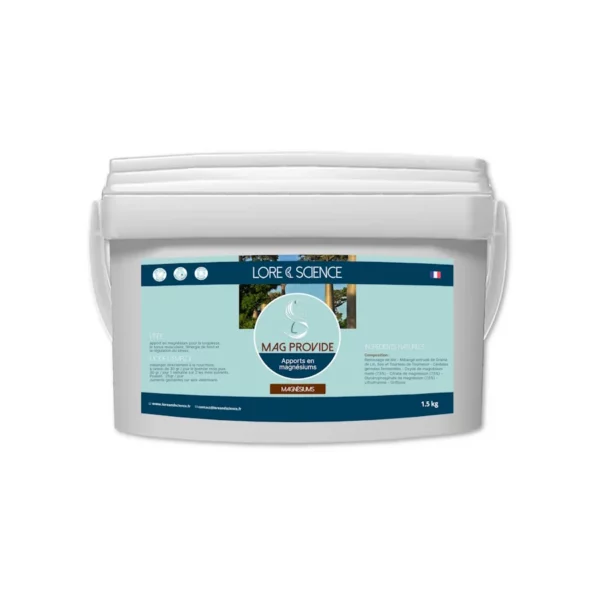The Pancreas: Exercise Capacity, Metabolic Syndrome and Ulcers, vast physiological implications. An endocrine and exocrine gland, the pancreas is at the origin of all our cells.
Embryology or the origins of who we are
It's the same for all mammals! The first-stage embryo consists of just five pancreatic cells. It is from these cells that the baby's body will be made whole and viable. This is certainly why the word pancreas, which comes from the Greek, means "all flesh".
Its physiological role
Exocrine function
over 90% of pancreatic cells perform the exocrine function of producing pancreatic juice, which breaks down proteins, sugars and fats in certain parts of the intestine (duodenum and small intestine in general), helping to ensure proper digestion.
👨⚕️ Exocrine secretions from the pancreas, rich in bicarbonate, neutralize stomach acidity.
Endocrine function
The endocrine function of the pancreas, which is performed by only a minority of pancreatic cells, is nevertheless of paramount importance. In its endocrine role, the pancreas produces two hormones Insulin and Glucagon, which in the blood regulate glycemia, i.e. the level of glucose or "sugar" in the blood, particularly in the muscles and liver.
The role of insulin
Immediate energy: insulin enables glucose to pass from the blood to the body's cells. In the muscles, where glucose is immediately consumed as energy. In the liver or fats, where it is stored. Glucose levels then fall in the blood.
The role of Glucagon
The hormone for energy recovery. In the event of a drop in energy, glucagon releases the glucose previously stored in the liver and fats, thanks to the action of insulin, and makes it available to the body for the energy it needs.
Diseases linked directly or indirectly to the pancreas
Of course, we're thinking directly of diabetes, which occurs when the pancreas no longer produces enough insulin, but what about other health problems in which pancreatic dysfunction could be involved?
Stomach ulcers
One of the many causes ofstomach ulcers is exocrine dysfunction of the pancreas, when the secretion of digestive juice, which neutralizes stomach acidity, is insufficient or disordered.
Without saying that supporting pancreatic regulation is the only solution for stomach and duodenal ulcers, it's easy to understand that action in this direction is bound to be beneficial to healing.
Metabolic syndrome
It's actually a case of cell resistance to insulin. What does this mean?
This means that target cells, particularly those in the muscles, will receive less and less of the glucose offered to them as energy. It goes without saying that this glucose will then be stored in the liver and adipose tissue.
What are the reasons for this insulin resistance?
Insulin is a key that can open cells, but the lock is jammed! Diet?
Cell membrane rigidity :
- Not enough good lipids:
A diet low in Omega 3 will "de-stress" the muscle cell membrane, preventing glucose penetration.
- Too many sugars:
A diet too rich in sugar will deplete the insulin production function and saturate the cell receptors over time.
Deficiencies? Minerals, a key to the pancreas.
Speaking of minerals, of which there are many, there's one that no mammal can store and which is essential to the smooth running of life, and which assists the pancreas in particular: Magnesium. Magnesium is involved in some 300 metabolic actions, and to return to its link with the pancreas, it is totally necessary to enable insulin to move correctly in the blood.
How is magnesium involved in metabolic syndrome? We were talking earlier about a cell whose lock has seized up. The lock that opens the door to glucose works on the principle of phosphorization (phosphorus is needed to make it work), and this cellular phosphorization is magnesium-dependent!
Magnesium is therefore necessary for both the insulin transmitter and the cell receptor.
-

 Mag Provide - Assimilable magnesium for horses79,90 € - 119,90 €
Mag Provide - Assimilable magnesium for horses79,90 € - 119,90 €
The pancreas and sporting ability
With its dual role of supplying glucose to the muscles when needed, the pancreas meets both immediate and long-term energy requirements. Its proper function is essential to sportsmen and women, both in terms of the need for "kidney kick" and the need for endurance during exercise.
Conclusion: The Pancreas is the body's shape and form, and must be supported and maintained.
From a functional point of view, some plants are great supporters of pancreatic actions.
They don't replace hormones, as chemical insulin does, but act as the very essence or nourishment of this too-often misunderstood gland, which we watch exhausted as it sustains life.
Share your experience or questions with us in the comments ↓
















